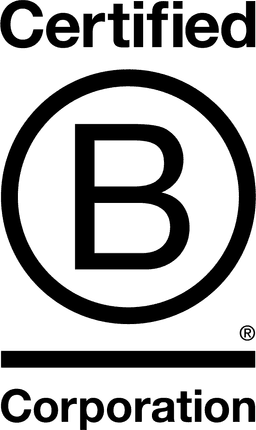

DIVA

1.6
Ontario, Canada
April 2018
Personal care products
Wholesale/Retail
Canada
Since 2003, Diva has introduced and onboarded millions of people as they keenly—or anxiously—discovered reusable period care. Founded by category disruptors Francine Chambers and her daughter, Carinne Chambers-Saini, its hero products, the DIVA Cup and DIVA Disc, are easy-to-use, cost-effective, and eco-friendly alternatives to tampons and pads. From every “I-could-never" to every “I’ll-never-go-back,” Diva’s life-changing products and always-there guidance have instilled confidence that allows women and people who menstruate to live a life unrestrained. Visit shopdiva.ca to learn more. Diva International Inc. is a women-owned and led company with a commitment to “creating a future where everyone has the information, confidence, and ability to access safe, innovative solutions for menstruation” says CEO and co-founder, Carinne Chambers-Saini. As a leader in the reusable menstrual care category, Diva International empowers people everywhere to co-create a new menstrual culture where the experience of menstruation is anything but dirty or shameful. Through corporate care partnerships, product donation and menstrual health research, Diva challenges the menstrual status quo by helping girls and women make informed decisions about their menstrual needs.
Overall B Impact Score
Governance 14.4
Governance evaluates a company's overall mission, engagement around its social/environmental impact, ethics, and transparency. This section also evaluates the ability of a company to protect their mission and formally consider stakeholders in decision making through their corporate structure (e.g. benefit corporation) or corporate governing documents.
What is this? A company with an Impact Business Model is intentionally designed to create a specific positive outcome for one of its stakeholders - such as workers, community, environment, or customers.
Workers 21.6
Workers evaluates a company’s contributions to its employees’ financial security, health & safety, wellness, career development, and engagement & satisfaction. In addition, this section recognizes business models designed to benefit workers, such as companies that are at least 40% owned by non-executive employees and those that have workforce development programs to support individuals with barriers to employment.
Community 43.6
Community evaluates a company’s engagement with and impact on the communities in which it operates, hires from, and sources from. Topics include diversity, equity & inclusion, economic impact, civic engagement, charitable giving, and supply chain management. In addition, this section recognizes business models that are designed to address specific community-oriented problems, such as poverty alleviation through fair trade sourcing or distribution via microenterprises, producer cooperative models, locally focused economic development, and formal charitable giving commitments.
What is this? A company with an Impact Business Model is intentionally designed to create a specific positive outcome for one of its stakeholders - such as workers, community, environment, or customers.
Environment 27.2
Environment evaluates a company’s overall environmental management practices as well as its impact on the air, climate, water, land, and biodiversity. This includes the direct impact of a company’s operations and, when applicable its supply chain and distribution channels. This section also recognizes companies with environmentally innovative production processes and those that sell products or services that have a positive environmental impact. Some examples might include products and services that create renewable energy, reduce consumption or waste, conserve land or wildlife, provide less toxic alternatives to the market, or educate people about environmental problems.
What is this? A company with an Impact Business Model is intentionally designed to create a specific positive outcome for one of its stakeholders - such as workers, community, environment, or customers.
Customers 14.2
Customers evaluates a company’s stewardship of its customers through the quality of its products and services, ethical marketing, data privacy and security, and feedback channels. In addition, this section recognizes products or services that are designed to address a particular social problem for or through its customers, such as health or educational products, arts & media products, serving underserved customers/clients, and services that improve the social impact of other businesses or organizations.
What is this? A company with an Impact Business Model is intentionally designed to create a specific positive outcome for one of its stakeholders - such as workers, community, environment, or customers.